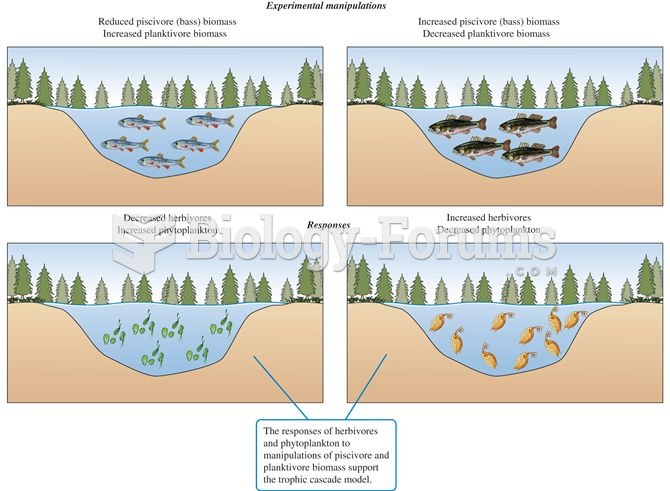Answer to Question 1The Challenger expedition collected samples from the deep ocean using a steam
winch and mechanical grabs and nets. They conducted 492 deep soundings with
mechanical grabs and nets at 362 stations (including 133 dredgings). With each hoist,
animals new to science were strewn on the deck; in all, staff biologists discovered
4,717 new species. The scientists also took salinity, temperature, and water-density
measurements during these soundings. Each reading contributed to a growing picture
of the physical structure of the deep ocean. They completed at least 151 open-water
trawls and stored 77 samples of seawater for detailed analysis ashore. The expedition
collected new information on ocean currents, meteorology, and the distribution of
sediments; the locations and profiles of coral reefs were charted. Thousands of
pounds of specimens were brought to British museums for study. Manganese
nodules, brown lumps of mineral-rich sediments, were discovered on the seabed,
sparking interest in deep-sea mining.
Answer to Question 2Cook deserves to be considered a scientist as well as an explorer because of the
accuracy, thoroughness, and completeness in his descriptions. He and the scientists
aboard his three expeditions took samples of marine life, land plants and animals, the
ocean floor, and geological formations; they also reported the characteristics of these
samples in their logbooks and journals. Cooks navigation was outstanding, and his
charts of the Pacific were accurate enough to be used by the Allies in World War II
invasions of the Pacific islands. He drew accurate conclusions, did not exaggerate his
findings, and opened friendly diplomatic relations with many native populations.
Cook recorded and successfully interpreted events in natural history, anthropology,
and oceanography. Unlike many captains of his day, he cared for his men. He was a
thoughtful and clear writer. This first marine scientist peacefully changed the map of
the world more than any other explorer or scientist in history.







